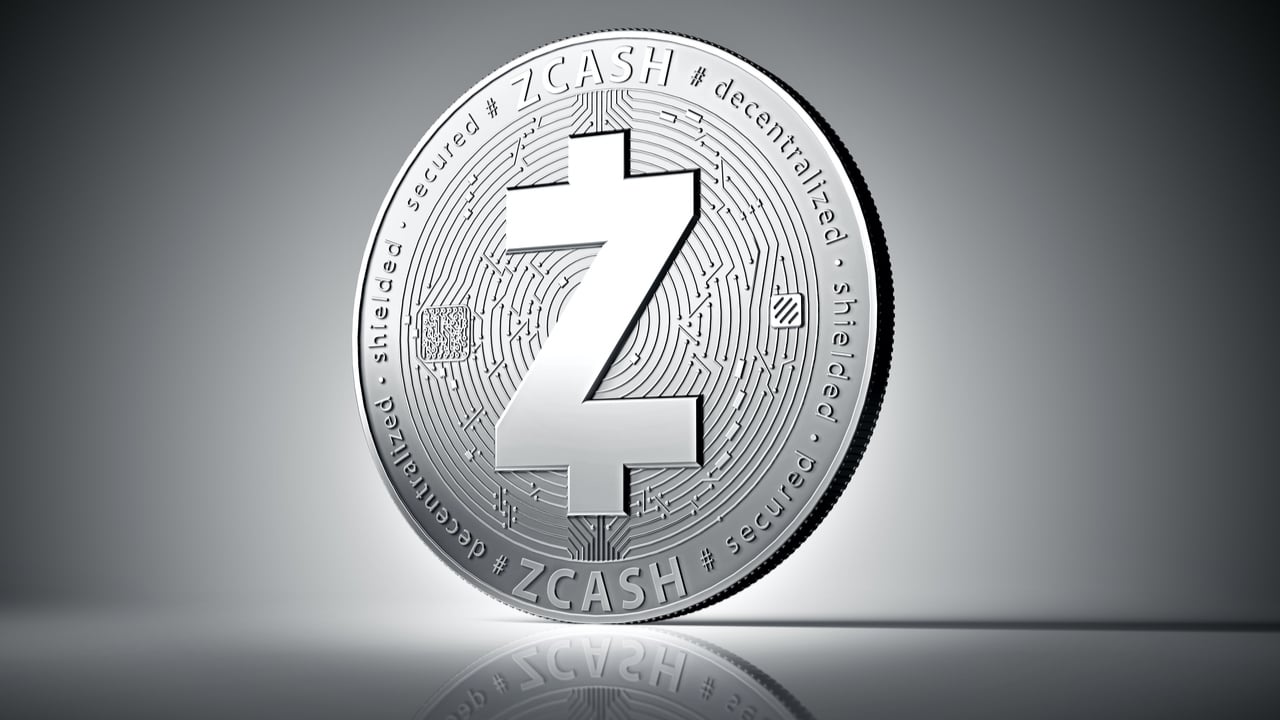
Zero-knowledge Know Your Customer (KYC) would allow businesses to adhere to strict AML/CTF rules while ensuring customer privacy.
As the Web3 industry matures, Zero-knowledge Know Your Customer (zkKYC) is becoming more widely discussed as a means to comply with strict financial regulations while maintaining user privacy, according to the partner of a venture capital firm.
In an interview with Cointelegraph, John Henderson, partner at Australian-based venture capital firm Airtree Ventures said the successful implementation of a zkKYC system would be “great news for both regulators and consumers” and could increase cryptocurrency adoption:
“Institutions and retail users are more likely to participate in DeFi if they can be confident that they are complying with their AML/CTF obligations.”
Henderson explained a zkKYC system would allow users to prove certain things about themselves to service providers without having to divulge personally identifying data such as their names or identification documents.
In theory, the sharing of that information would be enough to satisfy Anti-Money Laundering (AML) and Counter-terrorist Financing (CTF) regulatory requirements placed on the crypto industry.
“[The system] involves a trusted third party validating my personal information and then issuing a cryptographic proof to my personal wallet, which I could then choose to share, or share attributes of, with financial service providers.”
The benefit of such an approach is that no personally identifying information could be leaked in the event of a security breach of a service provider such as a crypto exchange, Henderson claims, with the identification documents only recoverable when required by authorities.
Many in the crypto community have been critical of the way their personally identifiable information has been handled by some crypto platforms.
Recently, the community shared their concerns after court documents published on Oct. 5 publicly disclosed the personal information and transaction history of thousands of Celsius customers, with some warning they could be used to “dox” users.
Calls to improve privacy for individuals were also loudly sounded at the September Converge22 conference in San Francisco.
Jeremy Allaire, CEO of stablecoin issuer Circle, expressed the need for “advancements” in technologies that prove identities and credentials while simultaneously ensuring individuals’ privacy.
Related: Are decentralized digital identities the future or just a niche use case?
Henderson however admitted that “storage of sensitive information is still an unsolved problem,” sharing two ideas on how the management of such information could take place.
“One idea would be to have trusted entities hold identity documents off-chain and port proof of identity on-chain, without the original documents. Another idea is to sign a wallet transaction with a regulatory institution, who would then register that account with an identity.”
Despite the challenge, Henderson was adamant a zkKYC protocol will form the “building blocks of on-chain reputation scores” allowing “more useful” financial products and services.
“My priority is onboarding the next hundred million users to crypto,” he said, “If we want to achieve internet scale, we need a solution for AML/CTF compliance.”
Airtree Ventures led a $4.7 million seed round into ReputationDAO on Apr. 13, a decentralized autonomous organization which aims to provide a financial reputation and identity service for decentralized finance (DeFi).










